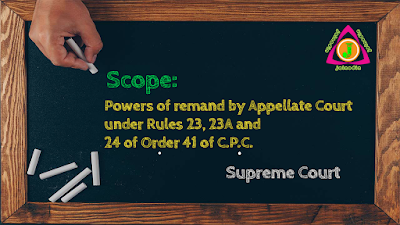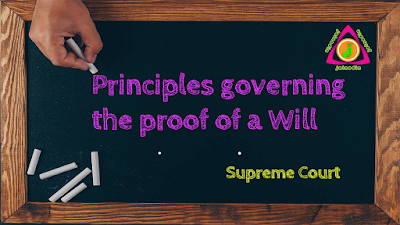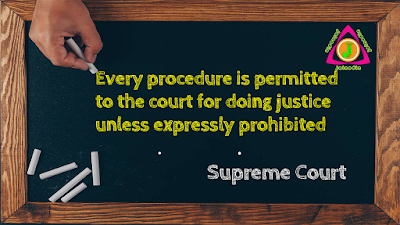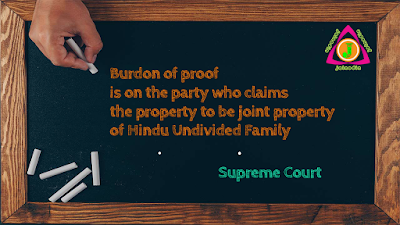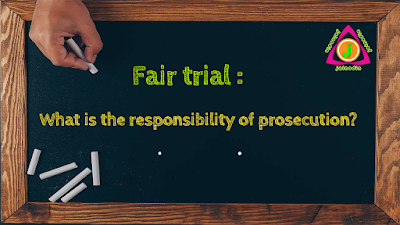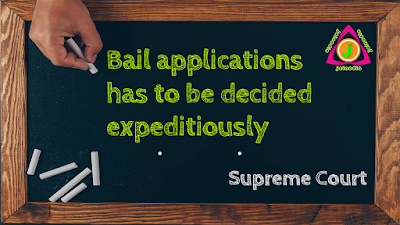Muslim divorced wife - entitlement of maintenance - sec.125 of CrPC - Sec. 3 of the Muslim Women (Protection of Rights on Divorce) Act, 1986 - jurisdiction and power of family court to convert an application filed u/s.125 of CrPC into an application u/s. 3 of the Muslim Women (Protection of Rights on Divorce) Act, 1986.
Held: A divorced Muslim woman cannot claim maintenance under Section 125 of the Cr.P.C. from her husband after the enactment of the 1986 Act for Muslim Women. However, under Section 3 read with Section 4 of the 1986 Act for Muslim Women, a divorced Muslim woman is entitled to an order of maintenance, if she is unable to maintain herself after the Iddat period and has not remarried.
Family Court would have jurisdiction under Section 7 of the Family Courts Act to entertain an application under Section 3 and 4 if The Muslim Women (Protection of Rights on Divorce) Act, 1986.
It is now settled that a divorced Muslim woman cannot claim maintenance under Section 125 of the Cr.P.C. from her husband after the enactment of the 1986 Act for Muslim Women. However, under Section 3 read with Section 4 of the 1986 Act for Muslim Women, a divorced Muslim woman is entitled to an order of maintenance, if she is unable to maintain herself after the Iddat period and has not remarried. Section 5 of the 1986 Act for Muslim Women provides that a divorced woman and her former husband might decide by an affidavit or any other declaration in writing, that they would prefer to be governed by the provisions of Section 125 to 128 of the Cr.P.C.[Para No.56]
Sub-section (2) of Section 3 is an enabling provision which enables a divorced Muslim woman to make an application to a Magistrate for an order for payment of maintenance or mehr or dower or delivery of properties, as the case may be. The non- obstante clause is restricted to sub-section (1) of Section 3 and does not cover sub-section (2) of Section 3 of the 1986 Act for Muslim Women. There is no conflict between Section 3(2) of the 1986 Act for Muslim women and the Family Courts Act. On the other hand, Section 20 of the Family Courts Act, 1984 gives overriding effect to the Family Courts Act notwithstanding anything therewith contained in any other law in force. The Family Court is to exercise all the jurisdiction exercisable by any District Court or any other subordinate Civil court in respect of a proceeding for maintenance.








